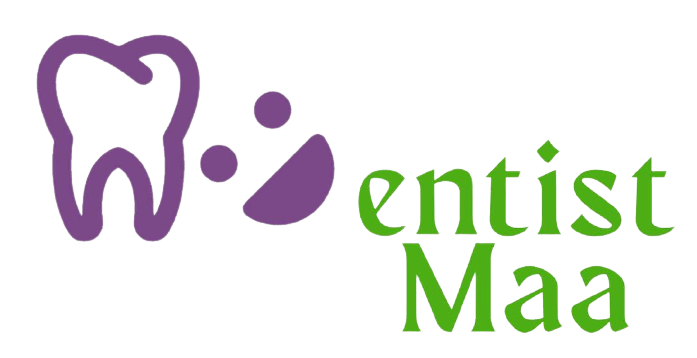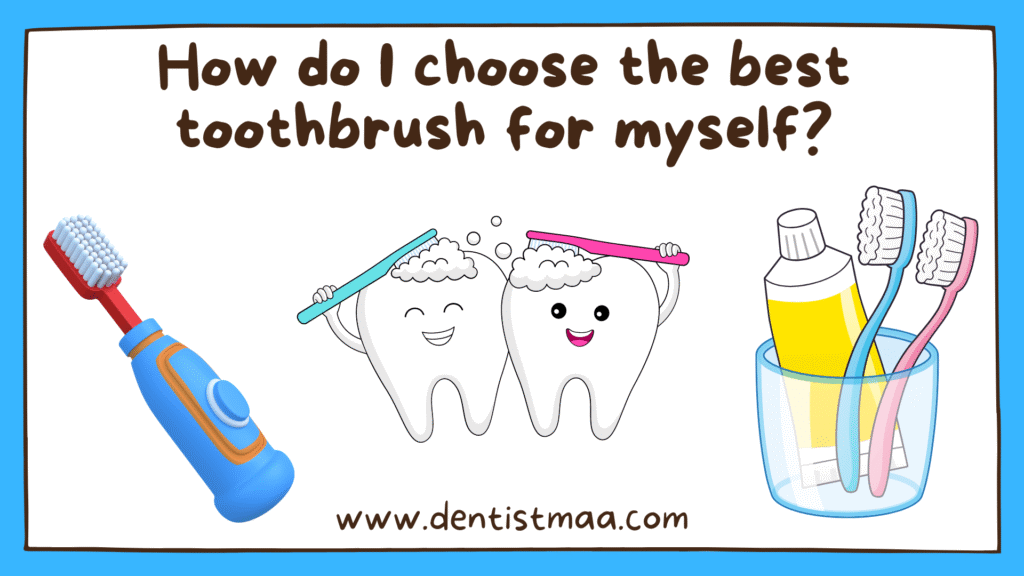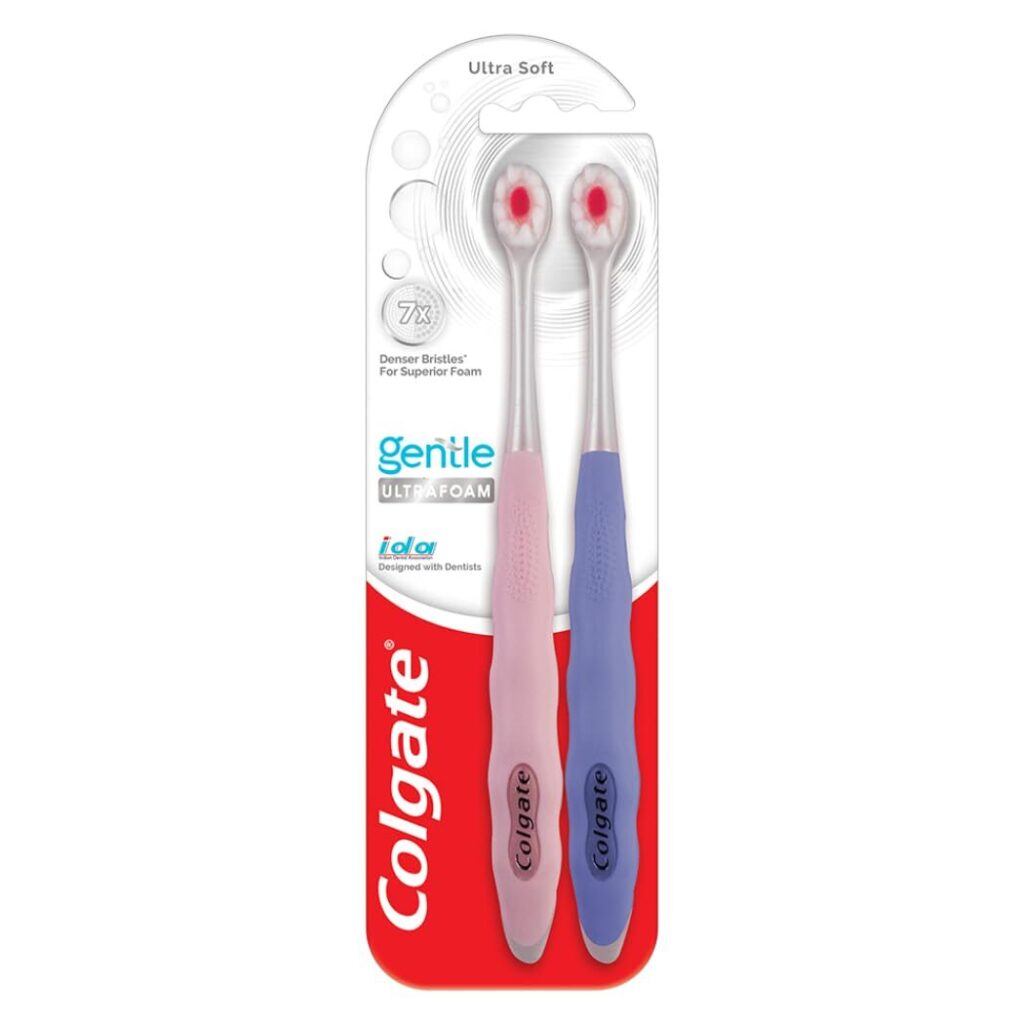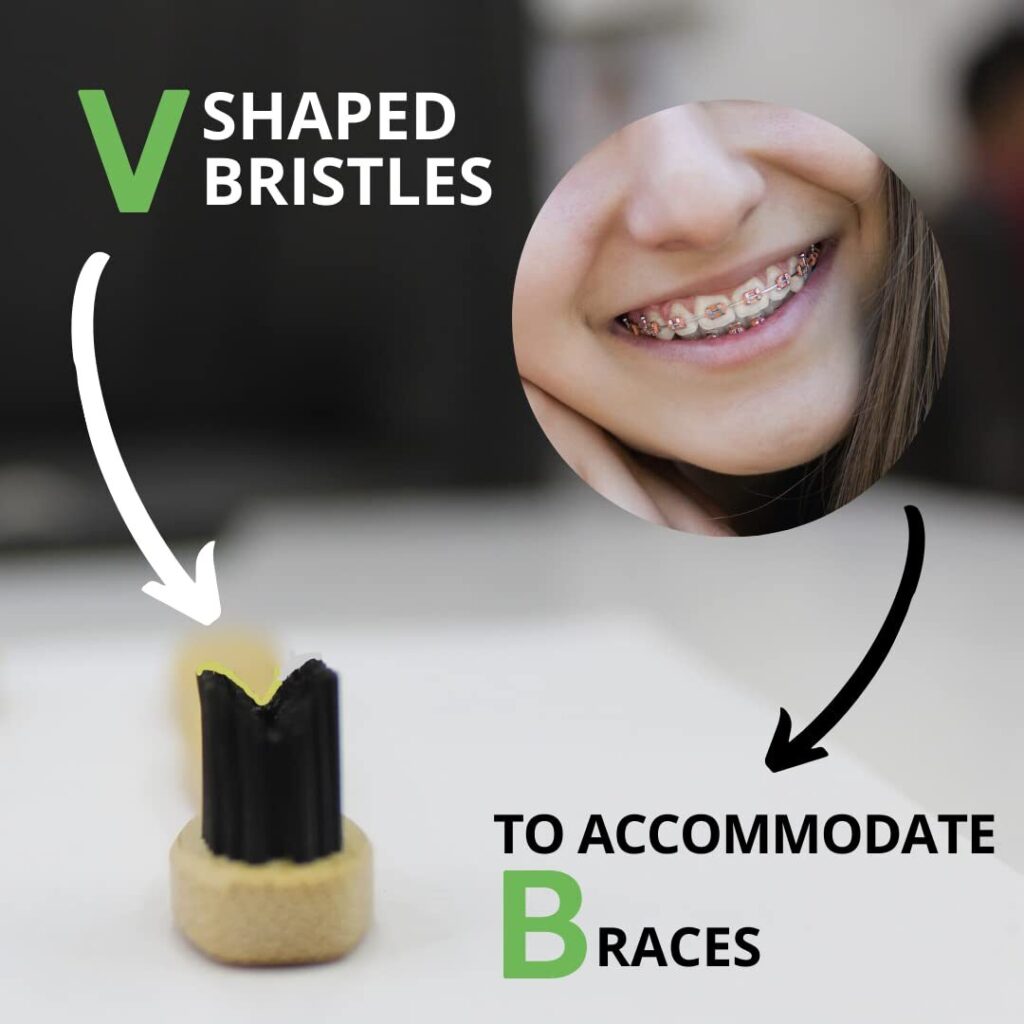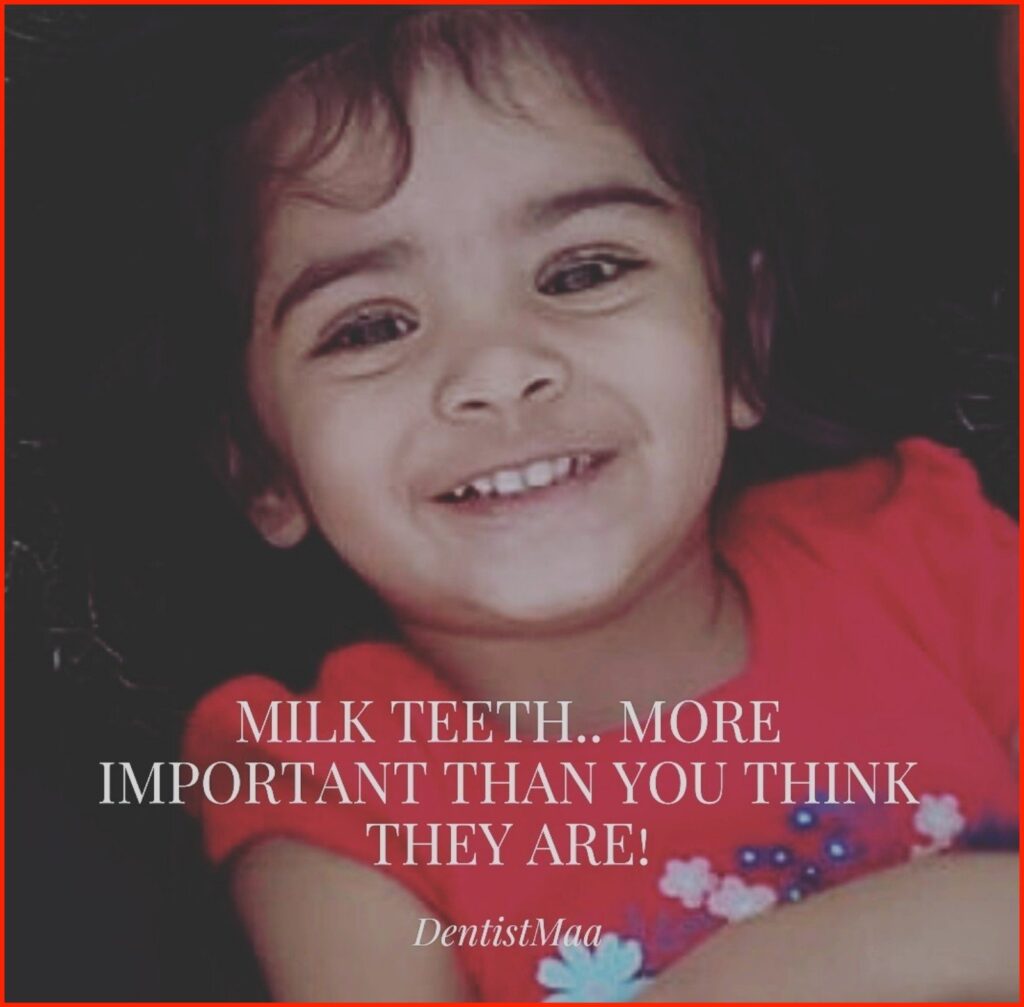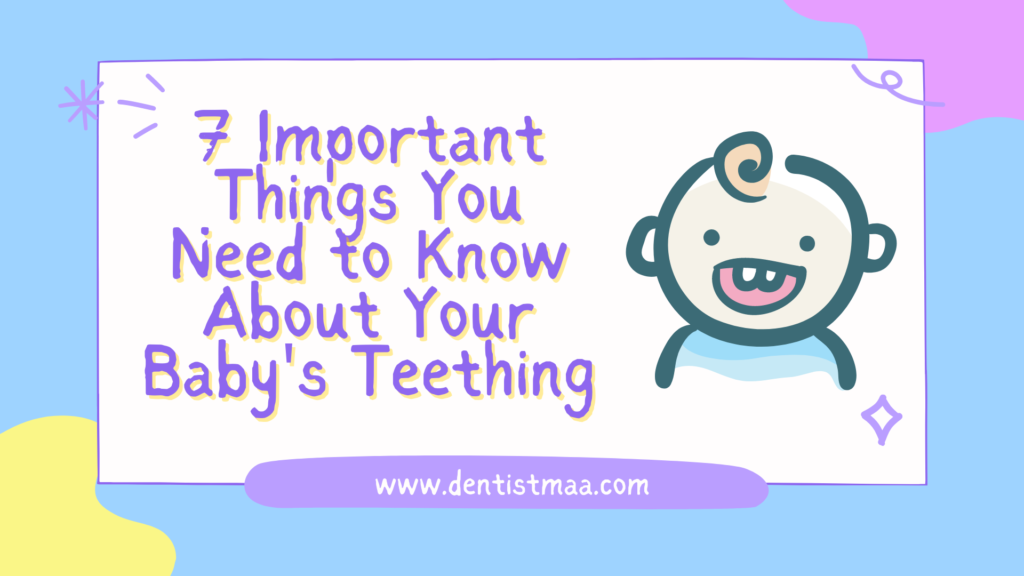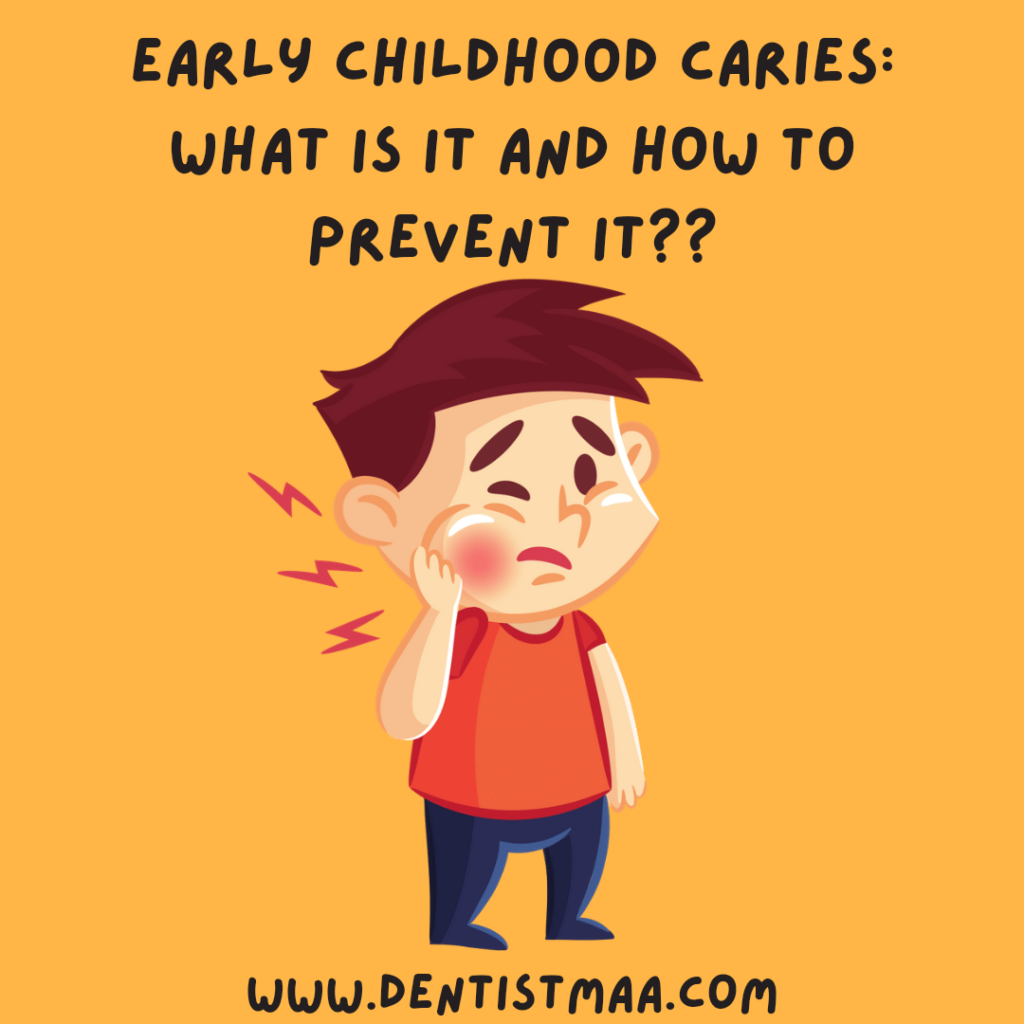Choosing the right toothbrush is essential to keep your teeth and gums healthy. There are so many toothbrushes available in the market that it becomes a tough task to choose which is the best toothbrush for you. This blog post will help you choose which toothbrush is right for your oral and dental health. Whether you’re considering manual vs. electric, bristle types, or special features, this comprehensive guide has you covered.
In This Article
Why is Choosing the Right Toothbrush Important?
A toothbrush is the cornerstone of your oral hygiene routine. To keep good oral health, you need to select the best toothbrush. The right toothbrush will help remove plaque, which gets deposited all the time, and it will clean the surface of the teeth and prevent cavities. It will also help in reducing the stains on the surface of your teeth.
If you choose a toothbrush that is not ideal for you, you might:
– Start getting cavities
– The brush might damage the outer surface of your teeth,
– It might damage your gums, leading to gum disease
– It might also erode the tooth surface.
– Cleaning might also be inefficient
According to the ADA (American Dental Association), you need to brush your teeth twice a day for two minutes and to make these two minutes of efficient brushing count, you need to have a perfect toothbrush.
Pro-Tip: Brushing alone doesn’t help you stay cavity-free. Flossing once daily and visiting your dentist for routine dental check-ups once every 6 months is mandatory for good oral health.
Types of Toothbrushes: Manual vs. Electric
There are 2 main kinds of toothbrushes available in the market.
1. Manual
2. Electric
Both are good in their own way if used properly.
Manual Toothbrushes
Since the toothbrush was invented, manual brushes have been used. They have evolved a lot from the chewing stick from the neem tree to the present-day manual brushes. Manual brushes are affordable, and they come in various shapes and sizes according to age. You need to learn the proper technique to use a manual toothbrush to gain maximum benefit.
What are the Pros of a Manual Toothbrush?
- These are affordable
- They do not need batteries or charging
- They are portable and super easy to carry
- They come in a wide variety of options in size, colour, and bristle types
- They are easy to use
What are the Cons of Manual Toothbrushes?
- Manual brushes might not be cleaned as thoroughly as electric brushes if improper technique is not used.
- You need to keep a timer, or it isn’t easy to know if you’re brushing for the recommended two minutes
- For proper brushing, you need to use a proper technique
Electric Toothbrushes
Electric brushes were first invented for people who lack motor skills, such as mentally or physically challenged, or patients undergoing orthodontic treatment (braces) or for kids. They have oscillating motion and are designed to make brushing more effective. Kids sometimes get attracted to the electric brushes and get into a habit of brushing their teeth regularly.
What are the Pros of Electric Toothbrushes?
- It removes more plaque than manual brushes
- It has a built-in timer to ensure proper brushing time
- It is easier to use for people with mobility issues, arthritis, or braces
- It often comes with different modes for sensitive teeth or gum care
What are the cons of Electric Toothbrushes?
- These are much more expensive than manual brushes
- It requires charging or battery replacements
- It can be bulky and less portable to carry
Which Should You Choose?
If you are diligent about your brushing routine and you use a proper technique, a manual brush will do the job. But if you are looking for convenience and you are not very confident about your brushing technique, you can go for an electric toothbrush. If you have braces or lack motor skills for any reason, an electric brush is your go-to option.
Bristle Type
The bristle is the most important thing in the toothbrush that is going to keep your teeth clean and healthy. So, the bristle type is the most important factor when you choose a toothbrush. Most of the time, we dentists recommend a soft bristle brush as it is gentle on the gums and teeth, and removes plaque efficiently. The bristles can be:
Soft Bristles:
- Soft bristles are ideal for most people, including those with sensitive gums or teeth
- Soft bristles are less likely to cause any gum damage or erosion of the enamel
- The bristles are soft but are still effective at cleaning when used properly
Medium Bristles:
- Medium bristles are preferred for people who do not have sensitive gums or teeth
- If you have a habit of applying too much pressure while brushing, it might cause erosion of the enamel surface and irritation in the gums
Hard Bristles:
- Most dentists do not recommend using hard bristles
- Hard bristles can cause damage to gum tissue and tooth enamel, leading to sensitivity and gum recession
- The best is to avoid using hard-bristle brushes unless your dentist has recommended which is a very rare chance
Size and Shape of the Toothbrush Head
The size and shape of the toothbrush head play a crucial role in maintaining your oral hygiene. If you use a large toothbrush but the space between your teeth and the cheeks is much less, the brush will not reach the ends of your teeth, and you won’t be able to clean them.
So, what I always recommend to my patients in such cases is to use a baby brush.
A baby brush has a small head and is slender in shape. It will reach the end of your mouth, and even clean your wisdom teeth, which an adult brush might never reach. This way, your hygiene will be better, and you will be able to prevent cavities if you use a proper technique.
Electric brushes have a round brush head and are smaller in size. This is again better to use than the adult manual toothbrush if you have a small mouth, especially in the case of teenagers and females.
So, whatever toothbrush you use, it should be according to the size of your mouth, jaws and teeth.
For children, age-appropriate toothbrushes are available.

Not just for my daughter, this is my favourite toothbrush too, and I have been using the same for years. It has saved my wisdom teeth from cavities and any kind of infection as the bristles reach the end of my mouth.
Handle Design: Grip Matters
Handle grip is also another factor to consider, especially in the case of children and people with motor deficiencies. The grip of the brush should be good, and it should not slip from your wet hands when you are brushing, helping to brush properly. Many toothbrushes come with an antislip grip for better control.
Also, the flexible neck of the brush can help reduce the pressure while brushing.
Toothbrush Features for Children
Always remember to buy an age-appropriate toothbrush for your child. There are many colours and characters available, and your child can choose their favourite. My daughter’s favourite is the one with the Barbie doll. She loves dolls, so she chose the same brush too. Here is the link if you want to buy it for your child.

The bristles for this toothbrush are soft, the head is small, and the colours are bright. The grip is comfortable for them to hold in their little hands. So, I would recommend this toothpaste for your child.
Protip: If your child is not very fond of brushing you can try buying an electric toothbrush for your child.
Specialised Toothbrushes for Specific Dental Needs
Patients come to me with various dental problems, and I never advise the same toothbrush to all the patients. Every patient is unique, and so is the problem.
Orthodontic Toothbrushes:
Patients undergoing orthodontic treatment, i.e. braces, need to use orthodontic brushes which are specially designed for this purpose, as the area around the braces is difficult to clean. These brushes have special V-shaped notches that penetrate well beneath the brackets and help in keeping the area clean.
So every ortho patient in my clinic is advised to use an orthodontic toothbrush only.
Periodontal Toothbrushes:
People with gum disease (periodontal disease) need to use an extra-soft toothbrush to protect their gums from any kind of injury. So, I recommend this to all my patients with existing periodontal disease or who in future are at risk of getting periodontal disease, these extra soft periodontal brushes.

Interdental Brushes:
Brushing alone does not help, and flossing is a must at least once daily. But when you find it difficult to floss and the contact between your teeth is not very tight, leading to food impaction, you can clean in between your teeth with the help of an interdental brush. it is super easy to use and cleans in seconds. It comes in various sizes, and your dentist will recommend which size is best for you after clinically checking your oral health.
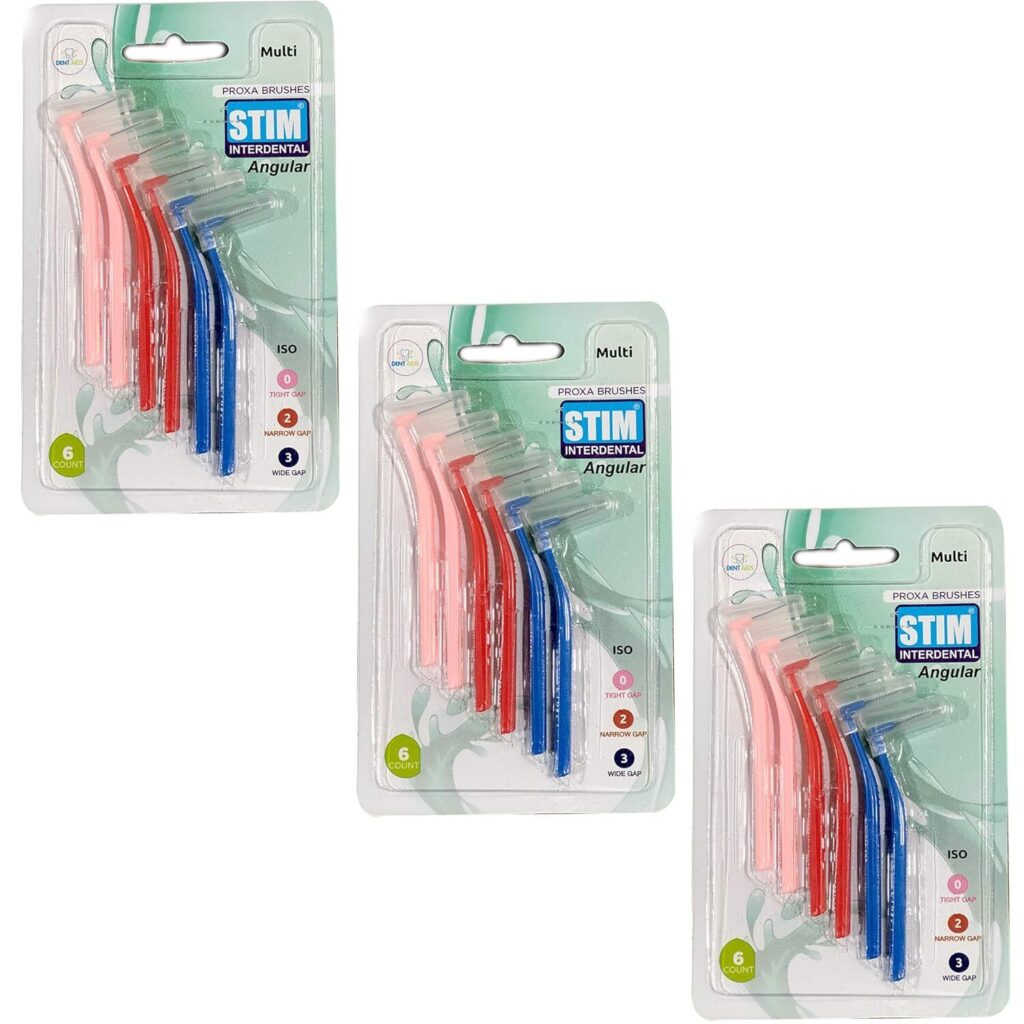
Toothbrush Maintenance: When to Replace Your Toothbrush
Toothbrush care is a prevalent question most of my patients ask. So, here is the video to help you know when you should change your toothbrush.
FAQs About Toothbrushes
Q: How long should I brush my teeth?
A: You should brush your teeth twice daily for 2 minutes each time you brush. Make sure you do not apply too much pressure and brush all the surfaces of your teeth.
Q: Can I share my toothbrush with someone?
A: No, never. Never share your toothbrush with anyone, not even your spouse.
Q: Should I use a toothbrush with hard bristles for a better clean?
A: No, hard bristles can cause damage to your gums and enamel. Soft bristles are generally the best choice for most people.
Related: The Benefits of Regular Dental Check-ups
Take Away
Choosing the best toothbrush according to your needs is a critical step in maintaining excellent oral hygiene. Whether you opt for a manual or electric toothbrush, prioritise soft bristles, a comfortable handle, and the correct brush head size for your mouth. If you have specific dental needs, such as braces or gum sensitivity, consider specialised toothbrushes designed to accommodate those concerns.
Remember, a good toothbrush is only effective if you use it properly. Brush twice a day for two minutes, and don’t forget to replace your toothbrush regularly. By making informed choices, you can protect your teeth and gums, ensuring a healthy smile for years to come.
